Countries such as Vietnam, Cambodia, Indonesia, Malawi, Zambia and India are unable to maintain efficient health systems across vast territories. When resources are scarce many hospitals are staffed by a single doctor and a small nursing staff, turning any helping hand into a potential lifesaving support.This encourages many health professionals and students, from all fields, to volunteering abroad.While the local communities gain daily assistance and medical enrichment the volunteers sharpen their skills such as comprehensive patient history recording, clinical examination and cultural competency, making them more well-rounded clinicians and better candidates for leading positions.
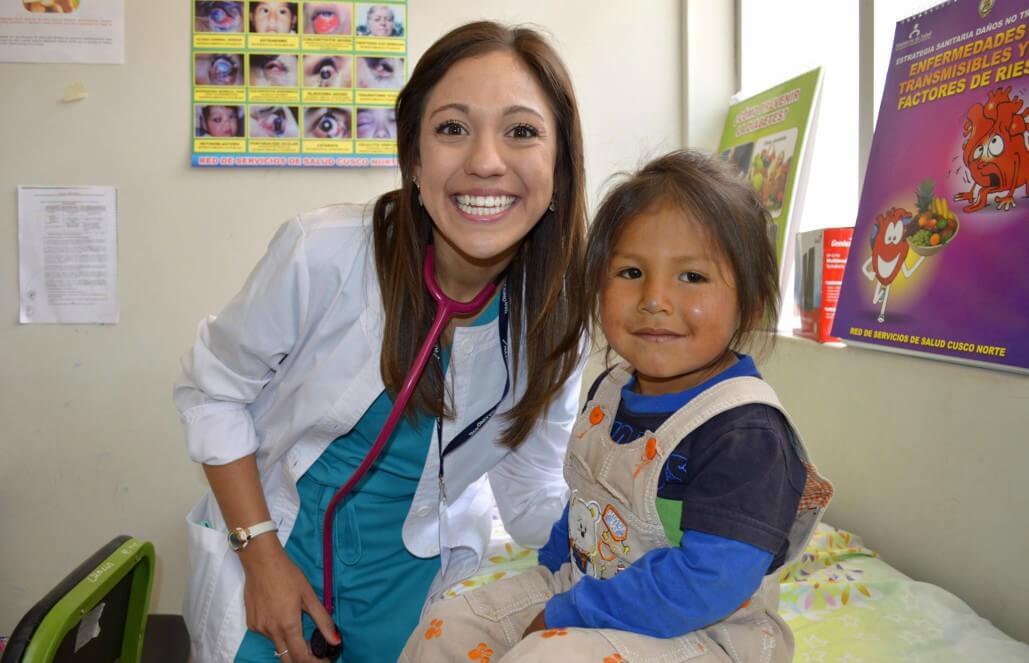
Not Only for Medical Professionals
Medical volunteering in developing countries is not only about operating in rough conditions or making the right diagnosis without having all the right equipment or the proper lab tests. Where poor hygiene and sexually transmitted diseases cause extensive damage to local communities, even a non-trained volunteer can have a substantial positive impact on the community’s overall health.
There are multiple medical and public health challenges that third world countries face, many of which can be alleviated with the help of volunteers. In Cambodia, for example, diarrheal diseases alone account for 20% of deaths under the age of 5, and 10,000 deaths annually overall. According to the United Nations Children’s Fund, many of these deaths could be prevented with the implementation of better sanitation and hygiene practices. A medical volunteer in Samraong, Cambodia, could be stationed in rural schools and help the local staff to prepare lessons, lead discussions and demonstrate basic hygiene procedures to school children. These actions can help save countless lives.
In another report by UNICEF it was stated that 150,000 children die in Indonesia each year before the age of 5, mostly from preventable causes linked to incomplete water sanitation and hygiene provision. Nontrained medical volunteers could work with children and other community members in Bali, Indonesia and teach them about basic hygiene conduct, which in turn will affect the lives of thousands in a course of just a few weeks.
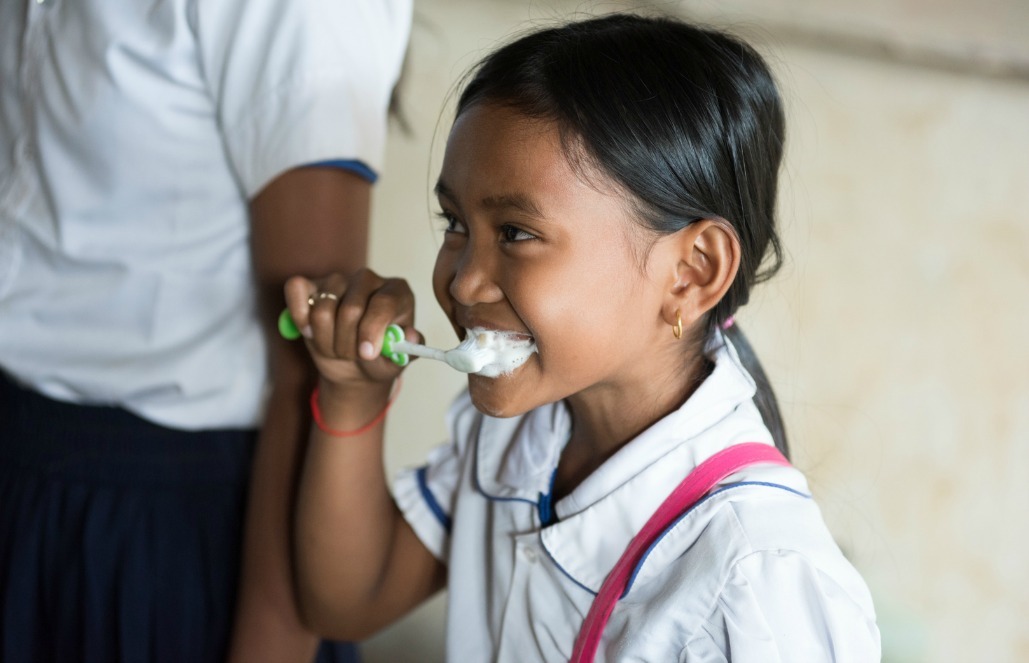
Become a Better Clinician
Medical professionals from all fields of health (doctors, nurses, speech therapists, physiotherapists, midwives and occupational therapists) may benefit professionally from the challenging placement at a developing country and the practice of global health. Dr. Emma Keelman, who has experience as medical volunteer in the Middle East, testifies in Ulster Medical Journal article: “(working in difficult clinical surroundings) enhances clinical judgement and decision making, particularly when considering how to prioritize patients based on clinical need”. Medical students or professionals experiencing global health will gain added knowledge and tools to better serve non-native populations during their careers and provide better medical care.
In a report regarding overseas medical volunteering by the all-party UK parliamentary group on global health, it was stated that staff returning from medical volunteering abroad has improved ability to view problems in new perspective. Furthermore, some volunteers reported greater confidence and motivation to challenge established practice
.
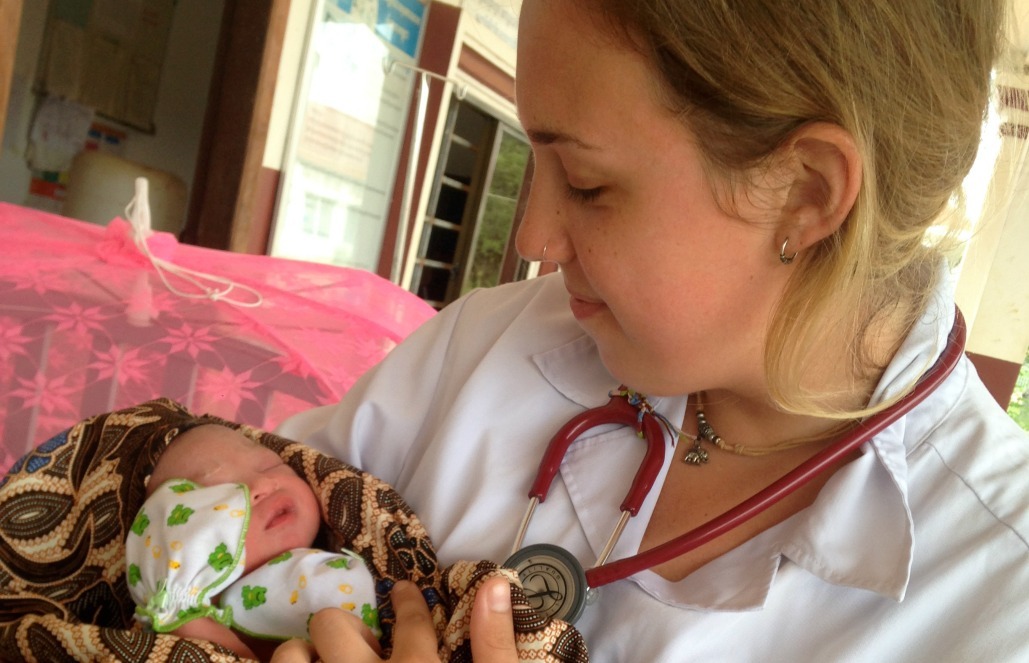
Building Leadership, Giving You the Edge
Practicing medicine abroad may be the best example of how real world challenges build leadership and character better than learning in a classroom, according to a growing body of evidence. In an article by the UK parliament titled: “Why Should UK Support Overseas Volunteering?” it was stated that “Working in resource-poor settings was seen as particularly valuable in building soft leadership skills such as communication and self-knowledge. The ingenuity and adaptability required for projects in host countries led to first-hand opportunities to develop these skills in ways that few courses could compete with.”
Additionally, it turns out that not only medical professionals could benefit from these career-related advantages but pre-medical students volunteering abroad have a lot to gain as well: the American association of Medical Colleges issued the “AAMC Admissions Initiative: A Pathway to Competency-Based Admissions” which stresses interpersonal and intrapersonal competencies’ importance in the admission process to medical schools across the United States.
Interestingly, all of the competencies listed by the AAMC are brought to light and sharpened in medical volunteering abroad, including: cultural competence, team work, integrity, ethics, resilience and adaptability. Therefore, one can expect a candidate with a background of medical volunteer in a developing country to have an edge over other candidates while applying for prestigious medical schools.
In conclusion, medical volunteering abroad is a perfect chance to boost your clinical skills, while also developing well-rounded cultural and leadership qualities,which are beneficial for career opportunities - ranging from getting into prestigious medical schools and all the way to assuming senior roles in health organizations in the 21st century. For those not practicing medicine as a career, medical volunteering abroad may give you a chance to save lives by engaging in educational community work related to preventative medicine in developing countries.








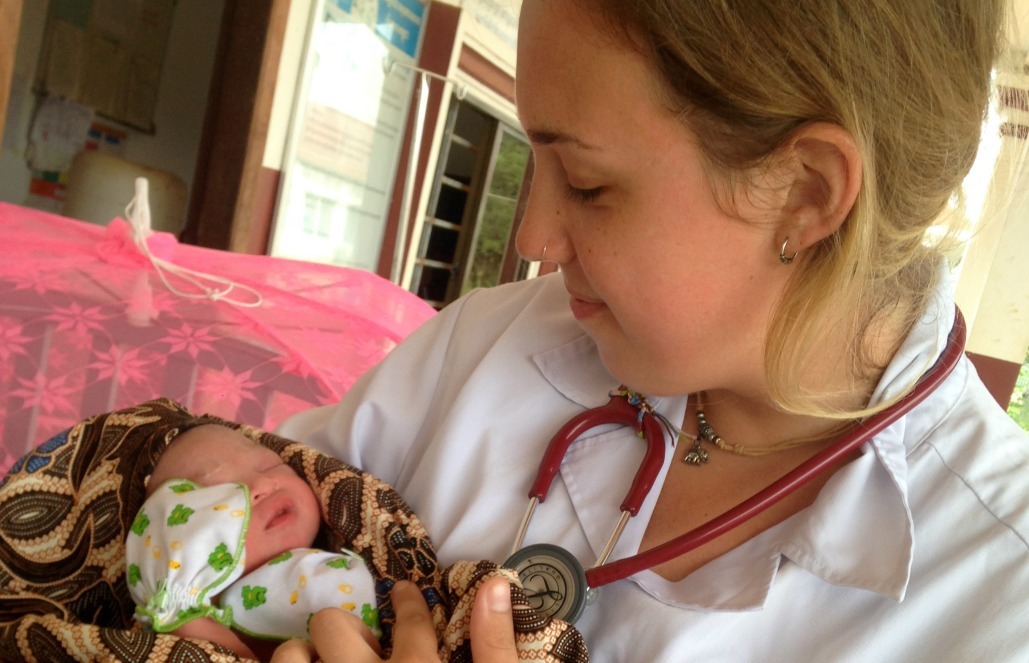
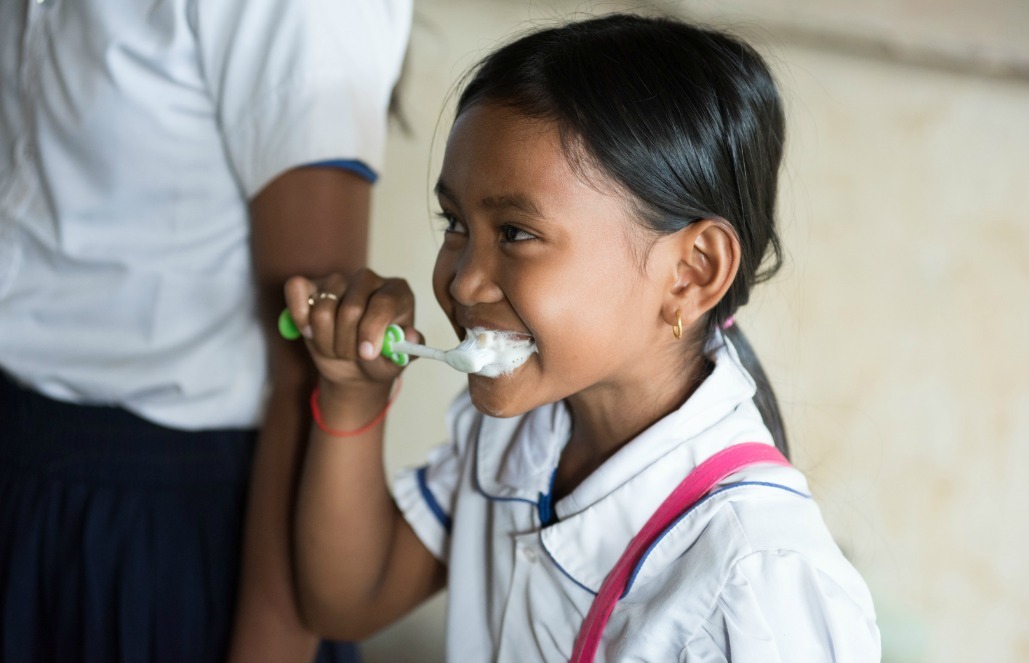


 More Info
More Info